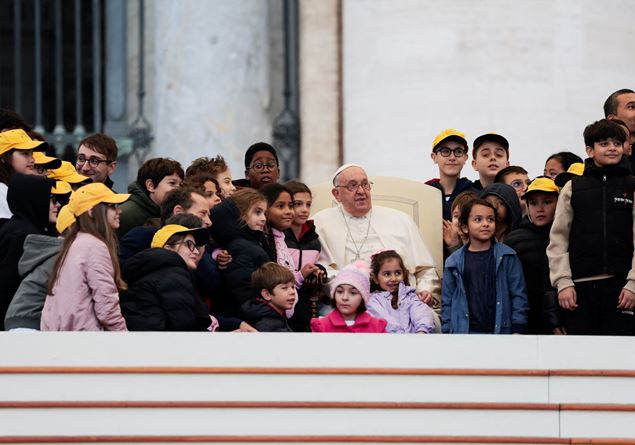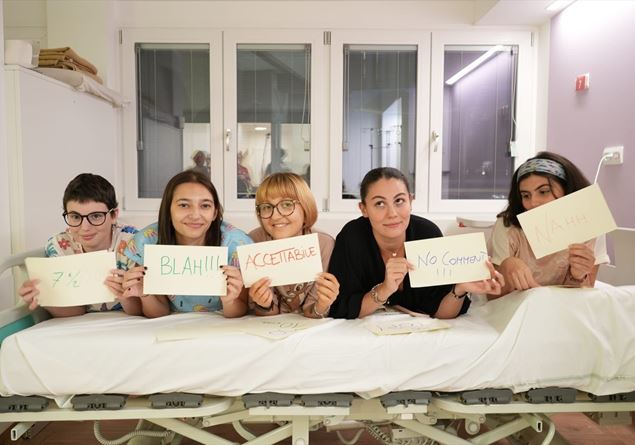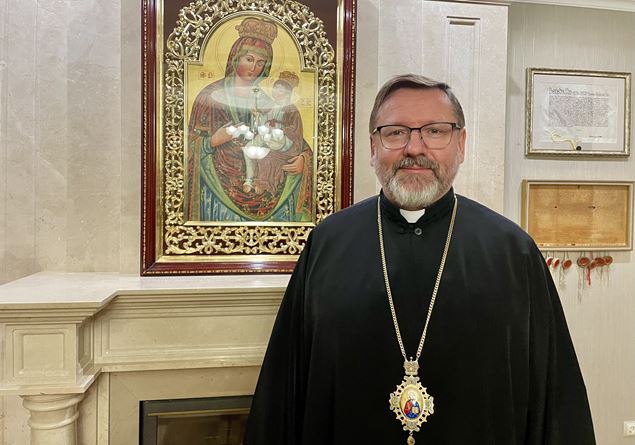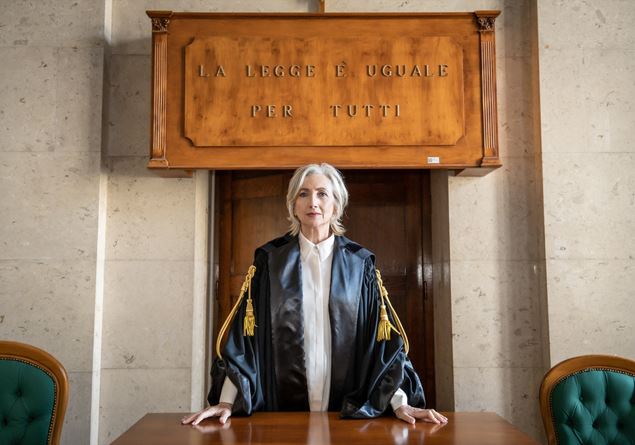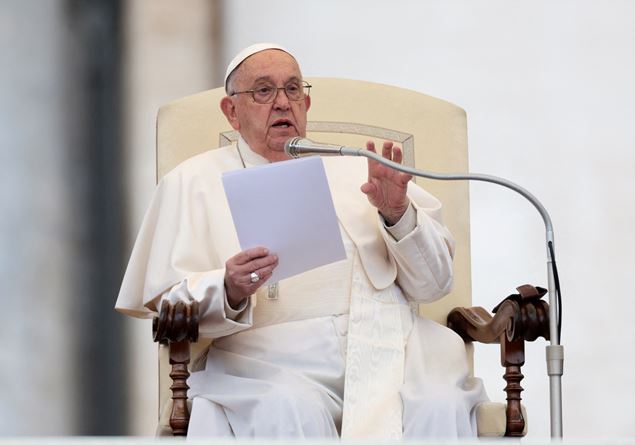
Despite the cold and rain, Pope Francis holds his catechesis in St. Peter’s Square. He continues to talk about the action of the Holy Spirit, focusing the comment on the gift of charisms. «They are not spectacular abilities», explains the Pontiff, but gifts given «to one or to some» to «be useful to all», therefore «not intended primarily and ordinarily for the sanctification of the person, no, but it is intended for “service” of the community”. He quotes the Council which says that «the Holy Spirit also dispenses special graces among the faithful of every order, with which he makes them fit and ready to take on works and offices, useful for the renewal and greater expansion of the Church, according to those words: each…the manifestation of the Spirit is given so that it may be to the common advantage.” The charisms, therefore, are like “jewels”, or ornaments, that the Holy Spirit distributes to make the Bride of Christ beautiful. We understand why the conciliar text ends with the following exhortation: “And these charisms”, it says, “are extraordinary or even simpler and more common, since they are above all adapted and useful to the needs of the Church, they must be welcomed with gratitude and consolation ”».
On the occasion of the International Day for the Rights of Children and Adolescents, the Pope announces that «on 3 February the world meeting on children’s rights entitled “Let’s love them and protect them” will take place here in the Vatican». This, explains the Pope, “will be an opportunity to identify new ways to protect the rights of minors who are exploited, abused and suffer the consequences of wars”.
Before praying for Ukraine, Francis reads a letter from a boy who reminds him that, in addition to the suffering, we must also mention the great faith that continues to animate those affected by the barbarity of war.
And finally, he announces that will canonize Blessed Carlo Acutis on the occasion of Children’s and Adolescents’ Day (25-27 April) and Blessed Pier Giorgio Frassati on Youth Day (28 July-3 August)
Francis, citing Benedict XVI, adds that «Whoever looks at the history of the post-conciliar era can recognize the dynamics of true renewal, which has often taken unexpected forms in movements full of life and which makes the inexhaustible liveliness of the Holy Church almost tangible» . And he explains that «we must rediscover the charisms because this ensures that the promotion of the laity and in particular of women is understood not only as an institutional and sociological fact, but in its biblical and spiritual dimension. The laity are not the last, no, they are not a kind of external collaborators or auxiliary troops of the clergy, no, but they have their own charisms and gifts with which to contribute to the mission of the Church”.
Then he clears up a misunderstanding: «When we talk about charisms», he says, «we must immediately dispel a misunderstanding: that of identifying them with spectacular and extraordinary gifts and abilities; instead they are ordinary gifts, each of us has our own charisms which acquire extraordinary value if inspired by the Holy Spirit and embodied in life situations with love. Such an interpretation of the charism is important, because many Christians, hearing about charisms, experience sadness and disappointment, as they are convinced that they do not possess any and feel excluded or second-class Christians. No, there are no second-class Christians, no, everyone has their own personal and also community charism.” Furthermore, the charisms are not for themselves, but at the service of all, like the eye that sees also for the hand and for all the other members. «Here is revealed the secret why charity is defined by the Apostle as “the best way of all”», Francis insists: «It makes me love the Church, it makes me love the community in which I live and, in unity, all charisms, not just some, are “mine” as well as “my” charisms, even if they seem like a small thing, the charisms belong to everyone and for the good of all. Charity multiplies charisms; makes the charism of one person the charism of all.”

